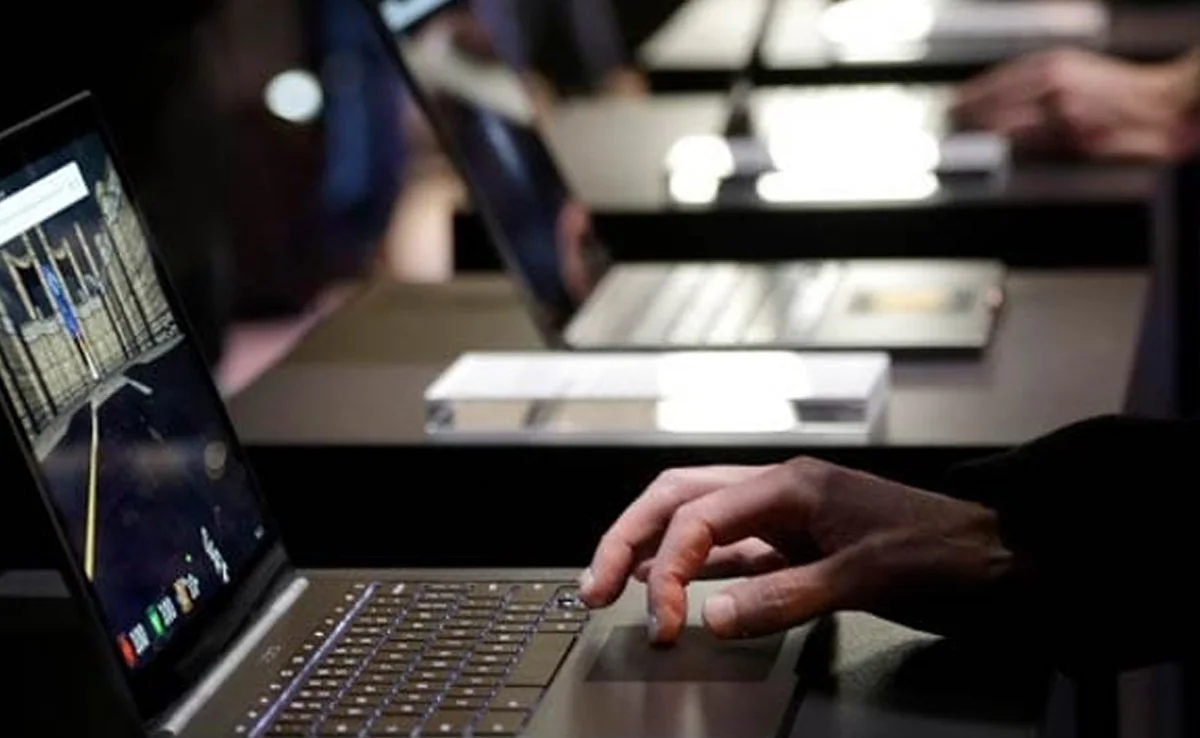India Says No Licensing Requirement on Imports of Laptops and Computers – According to a top government official, India will just monitor shipments of imported laptops and PCs rather than requiring licenses for their importation.
The comments become significant since, as of November 1, various items, including laptops, tablets, and PCs, will be subject to licensing regulations, according to a government announcement made in August.
“On laptops, we are of the view that there are no restrictions as such. We are only saying that somebody who is importing these laptops has to be under close watch so that we can look at these imports.
“It is basically monitoring, which we are doing. It has nothing to do with restrictions as such,” Commerce Secretary Sunil Barthwal told reporters here.
Also see: Amazon Seeks Regulatory Approval for Project Kuiper Satellite Internet Services Launch in India
India Says No Licensing Requirement on Imports of Laptops and Computers
Santosh Kumar Sarangi, the director general of foreign trade (DGFT), provided additional details, stating that an import management system will be implemented starting on November 1.
The construction is ongoing, and he expressed hope that it would be finished by October 30.
Although MeitY is responsible for the IT hardware product sector, the DGFT notifies decisions about product import/export. Concerns were raised by the IT hardware industry after this notification.
“It will be more in the nature of an import management system where people will be issued an authorization. It will be a very soft licensing. It will just be an authorization,” one of the sources said, adding that everything will be online.
Also see: Launch of the Samsung Galaxy SmartTag2 with a 700 day battery life
A company will be able to submit a request for the import of a specific number of items and receive the import authorization.
The source claims that the DGFT may also be required to clarify its earlier notification (dated August 3), which established a license system for the importation of these products.
The licensing requirements were put into place immediately by the order that was issued in August. Later, changes were made, and a transition period was offered until October 31.
Microcomputers, big or mainframe computers, and specific data processing devices are all subject to constraints.
India already has a system in place to keep track of imports of materials like steel, coal, and paper.
The licensing requirements on imports were put in place for security reasons and to encourage indigenous production of these goods.
The government also stated that it wanted IT items to originate from “trusted sources” when introducing the licensing regulations.
According to a survey by the think tank Global Trade Research Initiative (GTRI), India is heavily dependent on China for items used on a daily basis as well as industrial goods including solar cell modules, ICs, mobile phones, computers, and components.
The introduction of the production-linked incentive program and an increase in customs duties on some electronic components are just two of the measures the government has taken to increase the domestic production of electronic goods.
HCL, Samsung, Dell, LG Electronics, Acer, Apple, Lenovo, and HP are a few of the top electronic brands available on the market.
Each year, India imports products worth roughly $7-8 billion. In comparison to 2021–2022, the country imported personal computers, including laptops, worth $5.33 billion in 2022–2031.
In contrast to $583.8 million in 2021–2022, imports of specific data processing equipment were $553 million in the most recent fiscal year.
Likewise, imports of microcomputers and processors were $1.2 million (about Rs. 10 crore) in the most recent fiscal year compared to $2.08 million in 2021–22.
With a budgetary commitment of Rs. 17,000 crore, the government approved the Production Linked Incentive Scheme 2.0 for IT Hardware in May.
In February 2021, the government authorized a plan for IT hardware that included an investment of Rs. 7,350 crore and covered the production of laptops, tablets, All-in-One PCs, and servers.















